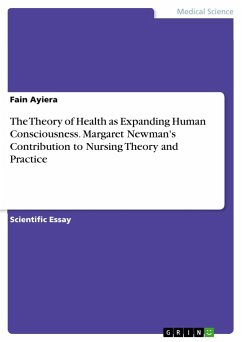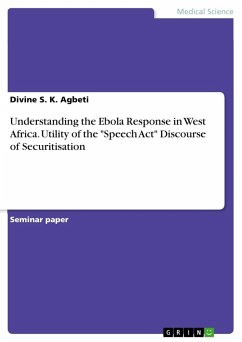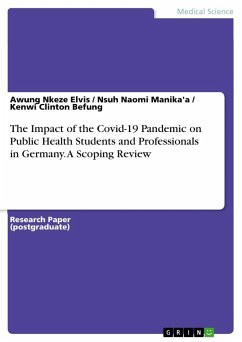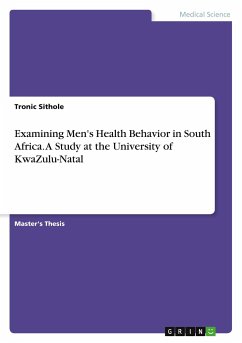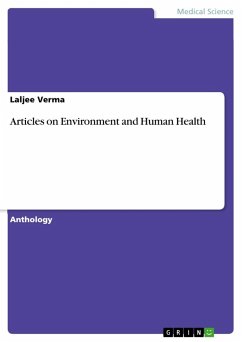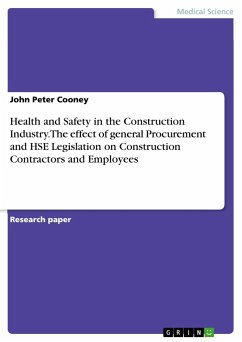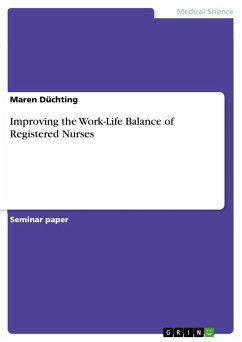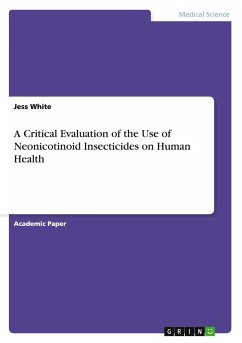
A Critical Evaluation of the Use of Neonicotinoid Insecticides on Human Health
Versandkostenfrei!
Versandfertig in 1-2 Wochen
15,95 €
inkl. MwSt.

PAYBACK Punkte
0 °P sammeln!
Academic Paper from the year 2015 in the subject Health - Public Health, grade: 1,0 (A), University of Northampton (School of Health), course: Biology, language: English, abstract: Insecticides are universally used, not just by farmers, but by household gardener's as a way to prevent, mitigate or repel pests. Due to outbreaks of infectious disease in honey bees and amphibians, the use of systematic insecticides has significantly increased over the last 20 years. And is now thought to be the preferred choice; because of their toxicity and mechanistic action.One type, in particular, seen to show...
Academic Paper from the year 2015 in the subject Health - Public Health, grade: 1,0 (A), University of Northampton (School of Health), course: Biology, language: English, abstract: Insecticides are universally used, not just by farmers, but by household gardener's as a way to prevent, mitigate or repel pests. Due to outbreaks of infectious disease in honey bees and amphibians, the use of systematic insecticides has significantly increased over the last 20 years. And is now thought to be the preferred choice; because of their toxicity and mechanistic action.One type, in particular, seen to show a usage increase is - neonicotinoids - a class of agrochemicals derived from nicotine (a substance found in cigarettes).It is thought this derivative form is solely based on the chemical similarity of the two. First introduced within the 1990's, neonicotinoids were principally used for their systematic nature. While most insecticides are placed on the surfaces of yielding crops, neonicotinoids are taken up by the roots and translocated to separate areas. This, therefore, makes the plant toxic to certain insect species. It is this mechanism of action that has now simultaneously been linked to the adverse impacts on several other invertebrate and vertebrate species.





